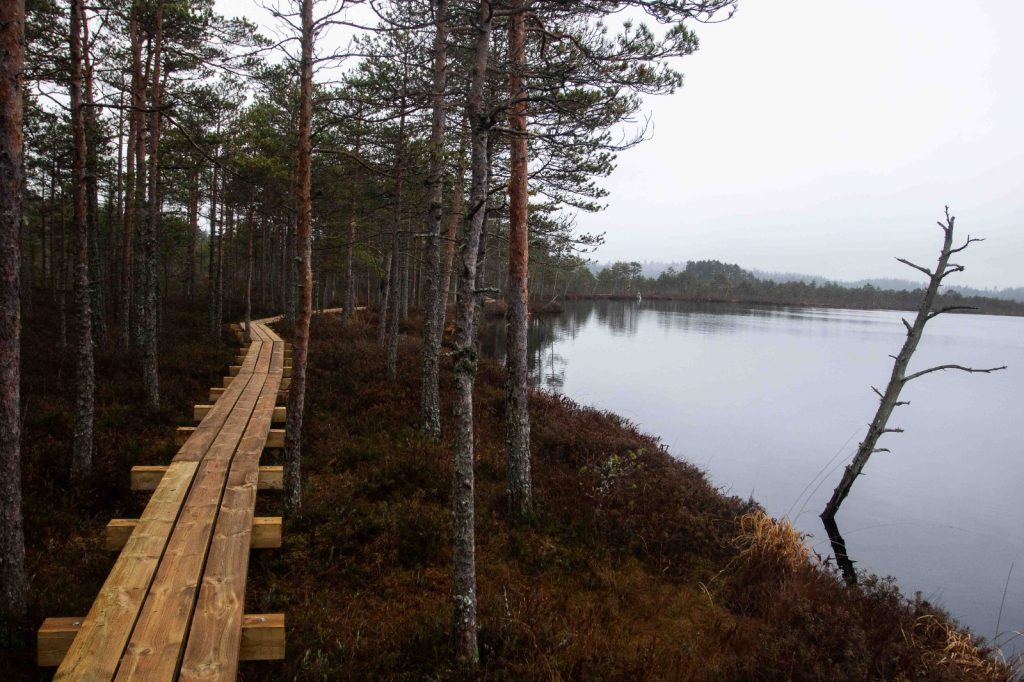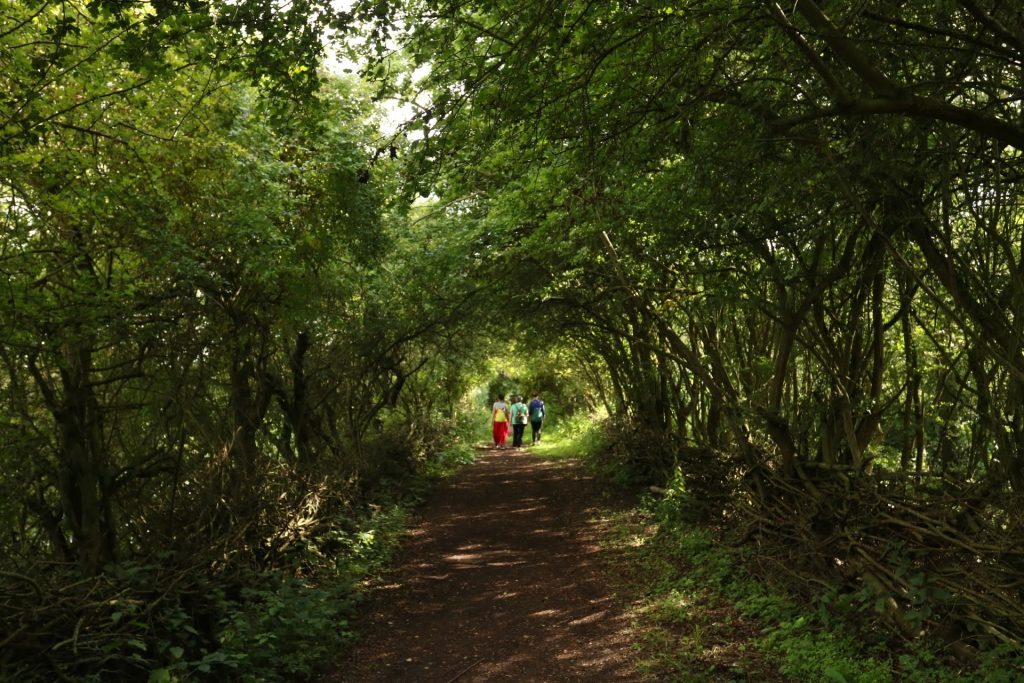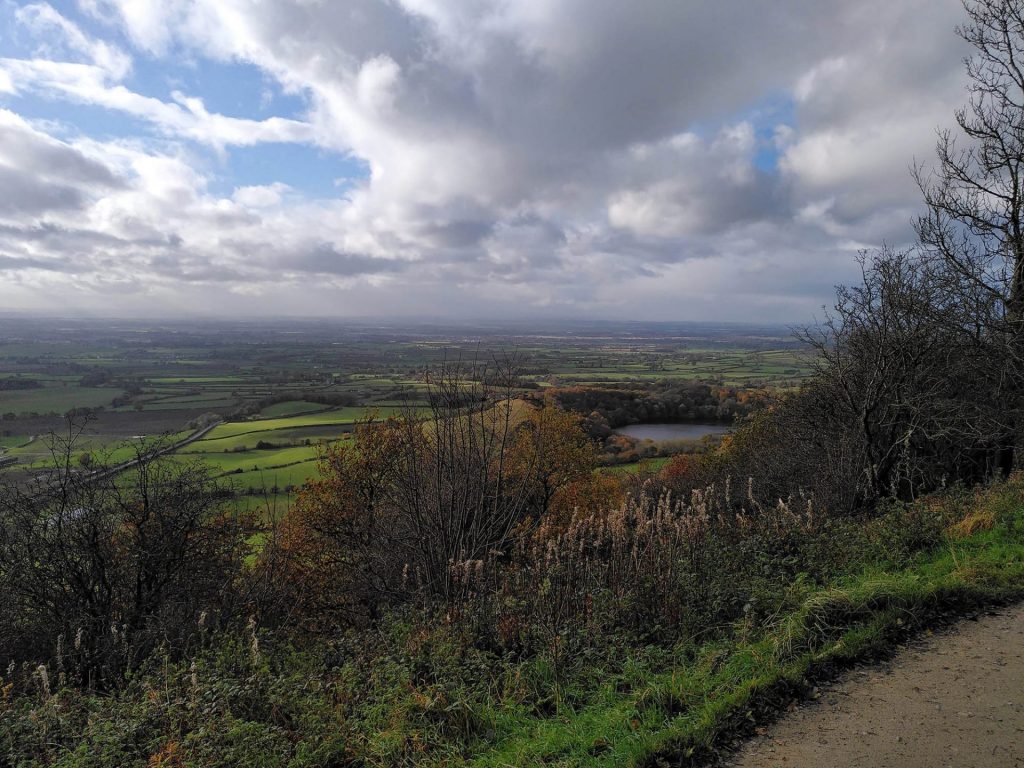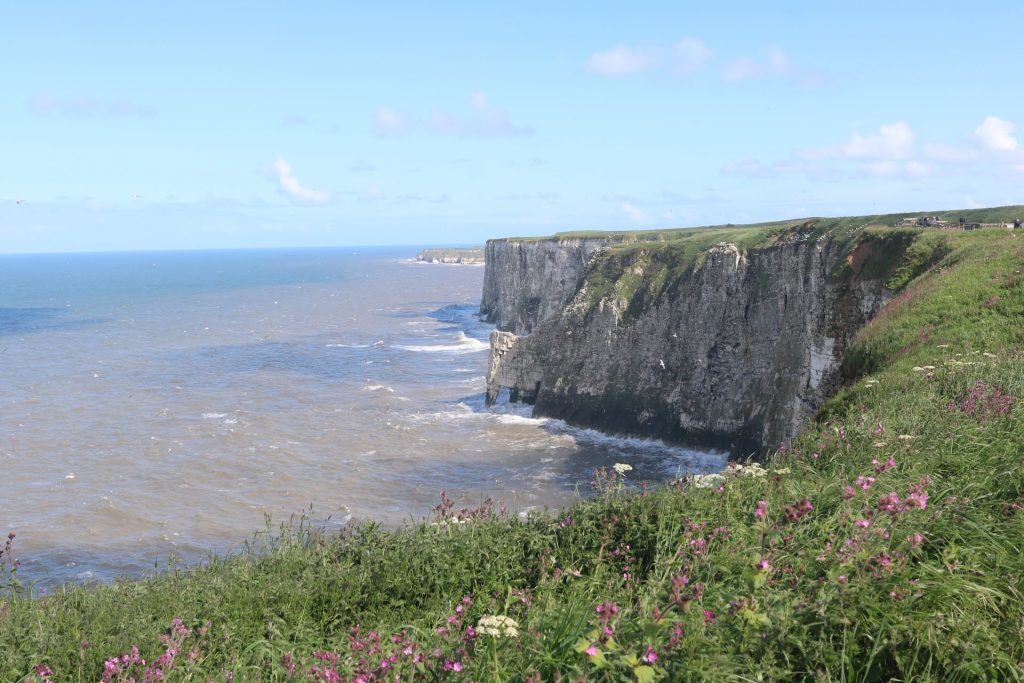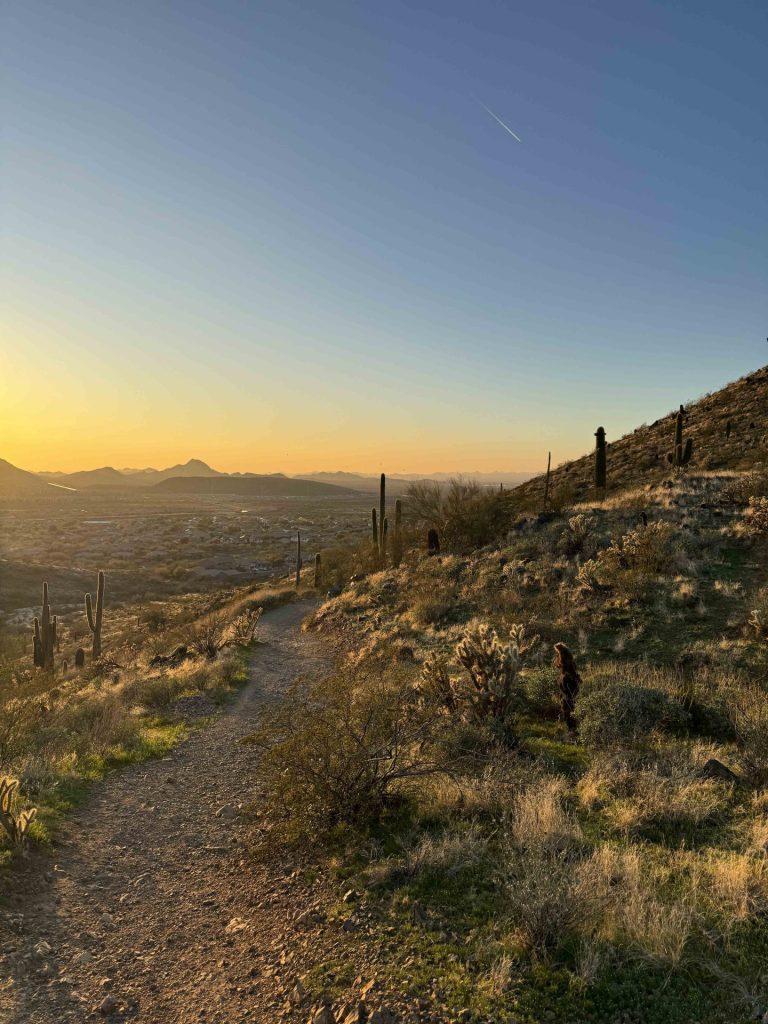What to do about climate apathy
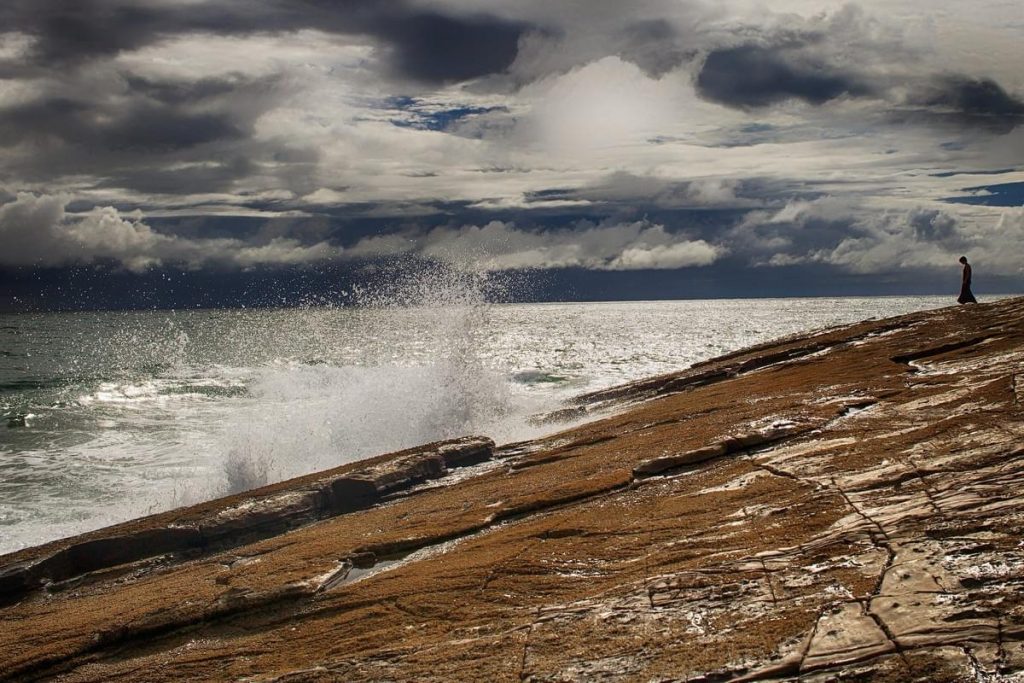
On April 18th 2018, peaceful protests over pension reforms turned violent. Since then hundreds of thousands of Nicaraguans have been taking to the streets and to social media to voice their concerns.
“As word of the protests spread across social networks and cellphones, Ortega’s government sought to punish the demonstrators pouring into the streets. Chaotic scenes broke out as police fired into crowds in downtown Managua. Masked gunmen apparently affiliated with the government set fire to a dissident radio station. Police and assailants entered the Metropolitan Cathedral grounds and fired on hundreds of students huddled inside. The government blocked independent news channels from broadcasting, and reporters for state-run media resigned on air. Widespread looting broke out.” reports The Washington Post on 26th April 2018.
The violence has intensified once again from the beginning of July 2018 including a 15-hour siege of students in a Catholic Church in the capital, with further incidents in Jinotepe and Masaya. Reportedly more than 250 people have keen killed in on-going violent clashes.
International media were slow to cover the issue but the longer it continues and as the death toll rises – the story is gaining global coverage. Citizen journalism has been flooding social media filling the gap left by traditional media.
Beyond the violence
Businesses have started shutting down and letting their staff go in the last two months. FUNIDES (Nicaraguan Foundation for Economic and Social Development) latest statistics from 28th June show that 215 000 people have lost their jobs in Nicaragua already. The longer the crisis continues they believe “approximately 1.3 million people are at risk of falling into poverty if they lose their jobs or their income is considerably reduced in the upcoming months. If all these people are affected, the poverty levels would be similar to those observed in the first half of the 1990s, when practically half of the population lived in poverty.”
Tourism in the country had been booming in the last decade, more than 1.5 million tourists visited in 2016. This boom boosts the agricultural, financial and construction industries in turn.
Since the crisis however touristic areas, including colonial Granada on the shores of Lake Nicaragua are nearly empty.
What can you do about it?
Stay informed (last updated 15 July 2018)
- 14th July – New York Times – Two Student Protesters Killed in Nicaragua Church Siege – https://www.nytimes.com/2018/07/14/world/americas/nicaragua-church-protest.html
- 12th July – The Economist – Daniel Ortega is causing a bloodbath in Nicaragua
- https://www.economist.com/news/americas/21745770-could-nicaragua-go-way-venezuela-daniel-ortega-causing-bloodbath-nicaragua
- 10th July – The Guardian – The Nicaraguan students who became reluctant rebels: ‘I’m no longer the same’ – https://www.theguardian.com/world/2018/jul/10/nicaragua-students-reluctant-rebels
- 9th July – Amnesty International – Nicaragua: State repression has reached deplorable levels- https://www.amnesty.org/en/latest/news/2018/07/nicaragua-represion-estatal-ha-llegado-a-niveles-deplorables/
- 7th June – BBC News – ‘Slipping into darkness’: How Nicaragua’s crisis unfolded – https://www.bbc.com/news/world-latin-america-44398673
- 6th June – The Atlantic – The Unraveling of Nicaragua – https://www.theatlantic.com/international/archive/2018/06/nicaragua-ortega-protests/562094/
- 3rd June – NPR – Dozens Killed In Protests In Nicaragua – https://www.npr.org/2018/06/03/616551988/dozens-killed-in-protests-in-nicaragua?t=1531665998365
Community business owners are sharing their experiences as well, reacting to what their community needs during this time of crisis.
NB: This is very Granada-orientated. I have spent 6 months in the city in the last two years and enjoyed its wonderful hospitality, I am learning of what local businesses are doing in this area via my social media feeds.
- 12th June – Garden Cafe – Taking care of the closest ones – the ones at home – https://www.gardencafegranada.com/single-post/2018/06/12/Taking-care-of-the-closest-ones—the-ones-at-home
- 5th June – Garden Cafe – Community in the midst of crisis – https://www.gardencafegranada.com/single-post/2018/06/04/Community-in-the-midst-of-crises
As The Garden Cafe shuts up shop for the time being, owners Xiomara and Damien explain why they’re including severances to their team of 35. Xiomara adds, “To our old time friends, customers and future visitors: remember that this crises affects Nicaraguans but it does not define us. What defines us is how we commit to the dreams we have for our nation, how we support each other during the crises and how we rise from the ashes. “
Owner of The English House, teaching English to many Nicaraguans, says, “During this crisis, it’s important to us to be able to offer some normalcy and continuity for our students. We’re passionate about teaching them English, giving them the opportunity for better jobs and supporting them out of poverty. If they keep coming then we’ll be here to teach them!”
Do we as tourists have a moral obligation to offer support (financial or otherwise) to the countries that we’ve visited?
I am not about to sit here and preach. I will admit I have seen the influx of posts about Nicaragua and sometimes simply ‘saved’ it for later reading. I have felt overwhelmed and helpless at the situation. That is my privilege. That I can look away and get on with my day, the very fact I can opt out is at the heart of the definition of privilege. It’s not my problem, it doesn’t affect me. I have my nice memories and nice photographs of my time there.
Those of us fortunate enough to travel often select countries poorer than our home nations because our money will go further and we can ‘live like kings’. We sample the food, the culture, the nature. Take beautiful photos, meet beautiful people and sip on the local alcohol while watching the sun go down. So what do we do when their chips are down? When we know, without a shadow of a doubt that the very places we’ve frequented are suffering, that their staff will be let go and we know that the average wage is just $300/month.
I had thought the situation would die down by now but talking to business owners (and friends) in Granada they do not expect many tourists now and through to high-season in January – they are making preparations for the long-haul. That hit me. So I’ve done my research, got up to date, reflected on what I’ve read.
Yes – I do believe I have a moral obligation to support initiatives of countries in crises that have welcomed me during peaceful times. So I’m putting my money where my mouth is. And my words, hoping a few people will read this.
I would welcome your thoughts on this situation? Please add your comments below.
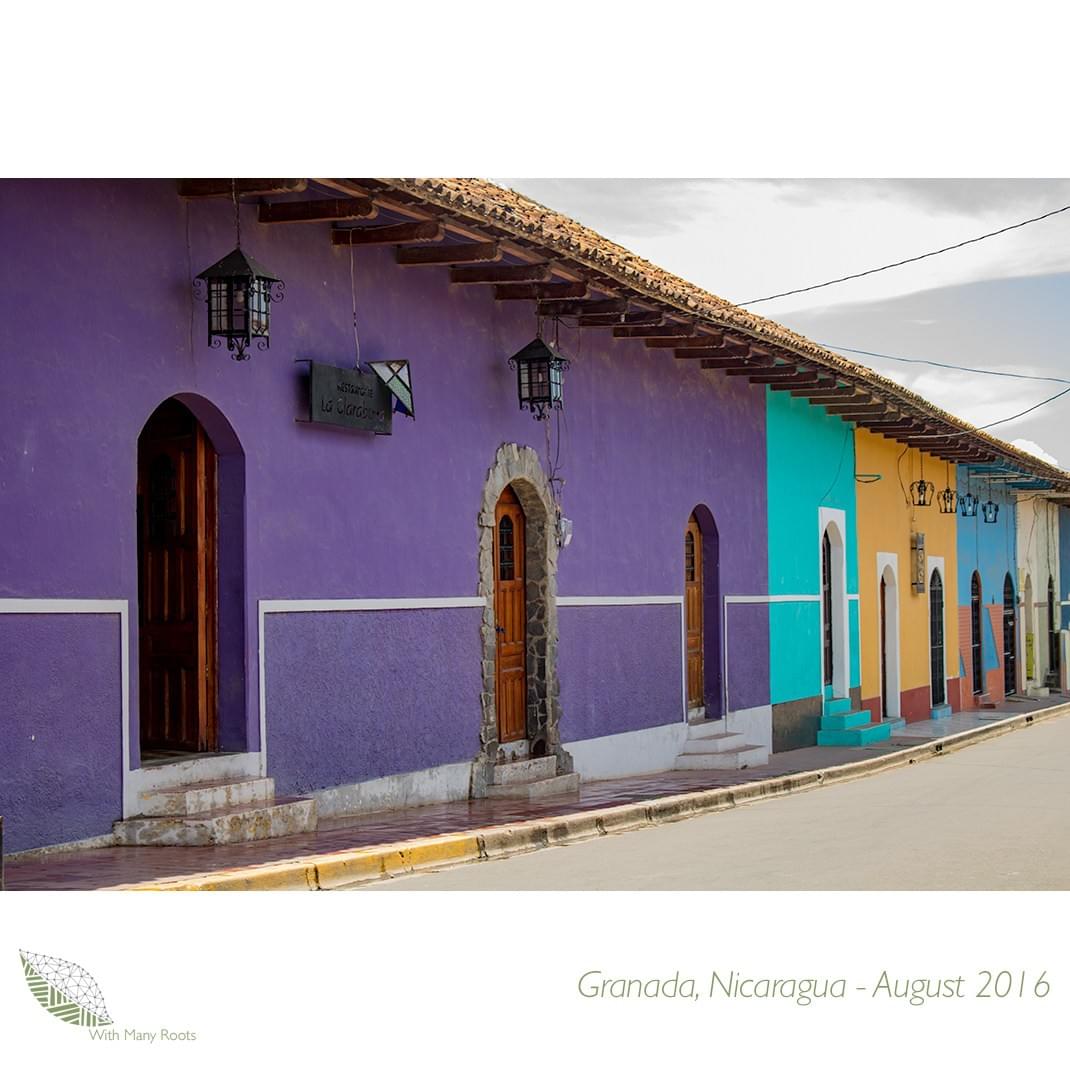
Financially Support Local Initiatives
[Again, it’s a Granada focus because that is where I’ve spent most of my time. If you know of other great initiatives to support please drop me a line at [email protected] or leave a comment and I’ll add the details here].
In line with my Effective Altruism principles, it’s important to me that I know where the money is going and how it will be spent. With that I have selected three initiatives to support financially at this time.
- UpNicaragua – Granada-based NGO that’s empowering young Nicaraguan girls through education and community – https://www.gofundme.com/scholarships-for-nicaraguan-girls
- The English House – keep the school open and offer English classes to students at reduced prices – https://www.gofundme.com/help-save-an-english-school
- Help support staff at Miss Margrits – seeking crowd-funding to keep paying their staff – appealing to previous guests, myself included https://www.gofundme.com/support-granada-nicaragua
I’ve stumped up and given $50 each to the above projects. And I’ve written this blog to share my thoughts with other fortunate tourists and nomads. To friends out in Granada, I am sorry that I have been so slow to act, I am thinking of you often. I hope my small action helps a tiny bit.
Other fundraising initiatives
- Casa Xalteva – profits from Spanish language school go into supporting education of young Nicaraguan children – currently have no Spanish students (usually tourists) – they are offering remote classes via Skype so they can keep their local education efforts going: https://www.facebook.com/casaxalteva/photos/a.136930615597.121410.55028600597/10155483561390598/?type=3&theater
- Casa Xalteva – purely fundraising page: https://www.gofundme.com/5n7u8v4?member=273228
- Support FUNIDES campaign to assist victims – https://www.facebook.com/funides/posts/10155395313250825
Other blog posts tackling the story
- July 23rd – Facebook group Stand With Nicaragua In English
- July 22nd – Megan Kwasniak – Nicaragua in crisis: What Can You Do to Help: “I believe that the bigger the outcry from the general population, the more likely the international community will finally wake up and take action”
- July 16th – Katie Scaief – It’s time for us to separate our nostalgia for the Sandinista Revolution from the personality that is Daniel Ortega; “It’s critical that Nicaraguans maintain complete control of their democratization process”
